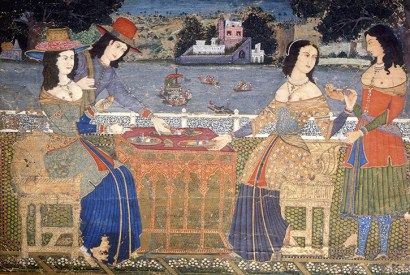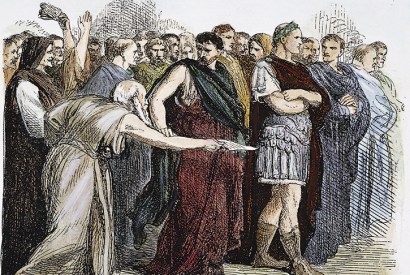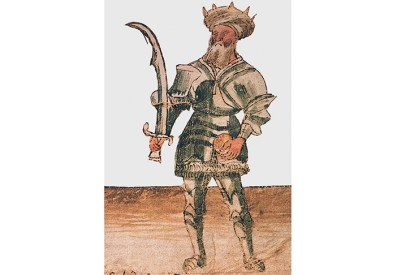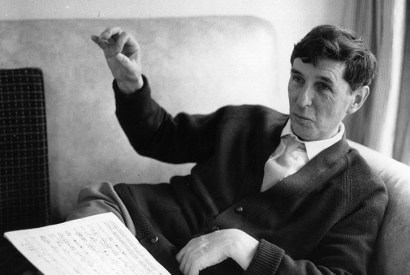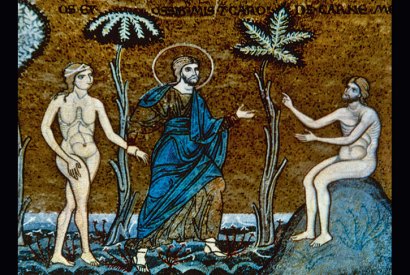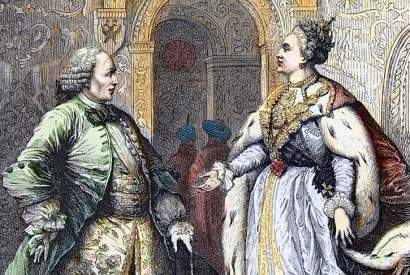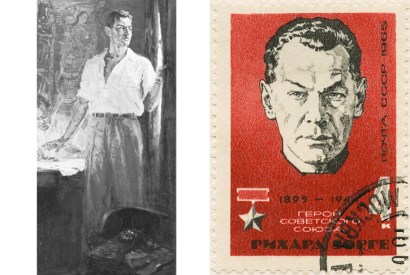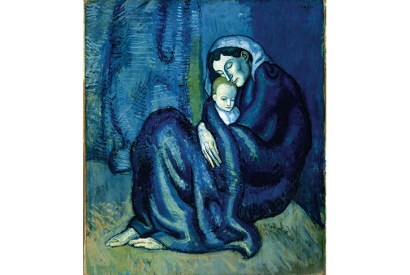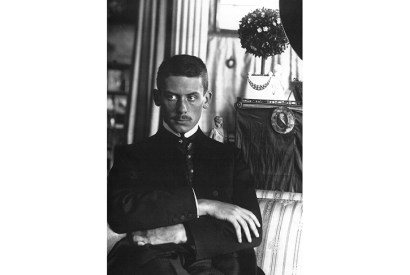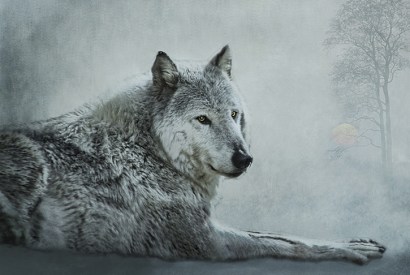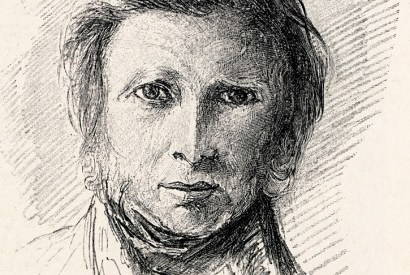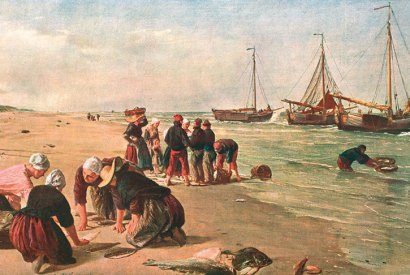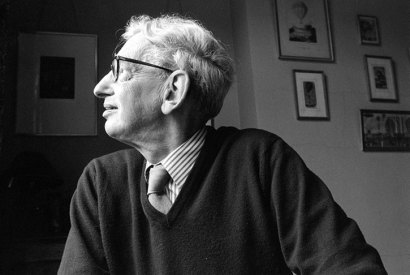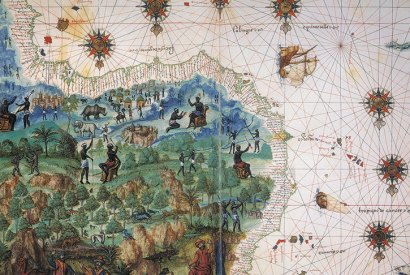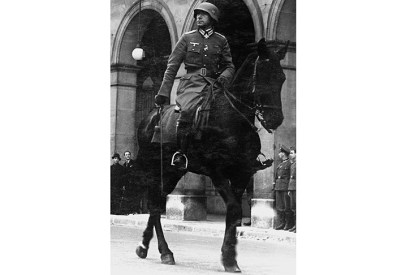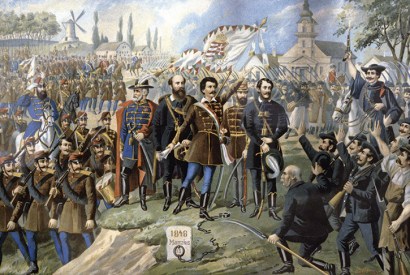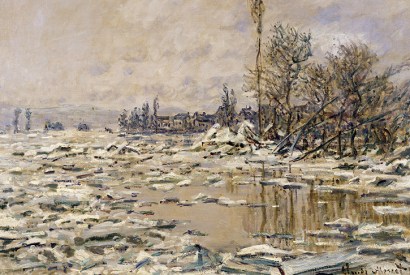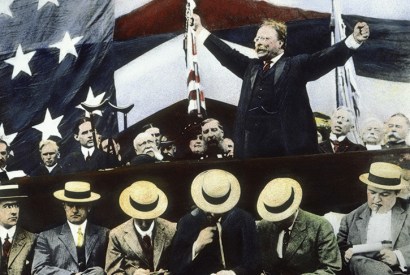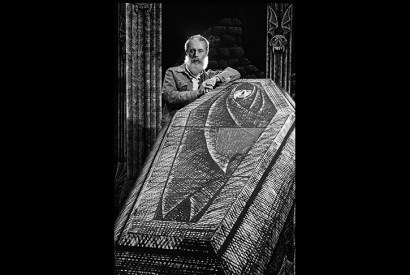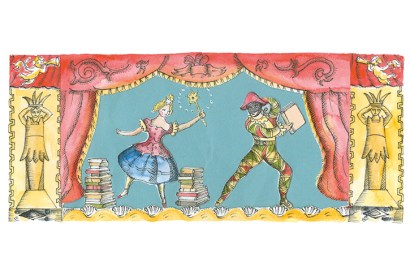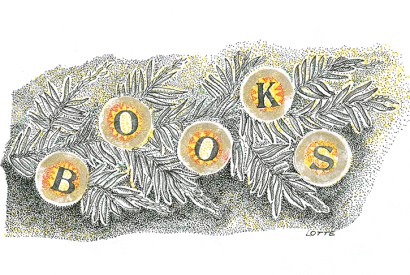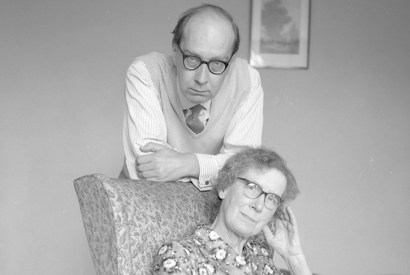Lead book review
Not all British memsahibs were racist snobs
Despite efforts to prevent them, British women formed a part of the Indian empire almost from the start. Although the…
Has Shakespeare become the mascot of Brexit Britain?
The deployment of Shakespeare to describe Brexit is by now a cliché. It might take the form of a quotation,…
A new version of Saladin — as silver-tongued diplomat
I can only remember one page of any of the dozens of Ladybird histories that I read avidly as a…
Time for a Tippett revival
Running the entire course of the 20th century, Michael Tippett’s life (1905–1998) was devoted to innovation. He was an English…
It was pretty good for me: Joan Bakewell on the Sixties
For me this book evokes a Gigi duet moment: ‘You wore a gown of gold.’ ‘I was all in blue.’…
How much of the Bible are Christians expected to believe?
In this careful study of the sacred texts of Judaism and Christianity, John Barton, former Oriel and Laing professor of…
How Diderot’s pleas to end despotism fell on deaf ears in Russia
Denis Diderot (1713–84) is the least commemorated of the philosophes. Calls for his remains to be moved to the Panthéon…
Richard Sorge: the Soviet Union’s master spy
Interviewed on the Today programme on 7 March, a former executive of the gigantic Chinese tech firm Huawei admitted: ‘It…
Two big books on motherhood and childlessness: Catherine Mayer got emotional
A single survey, elevated by news organisations to scientific certainty, suggests that air travellers may be more susceptible to tears…
A clear vision of Walter Gropius the man is hard to come by
Walter Gropius (1883–1969) had the career that the 20th century inflicted on its architects. A master of the previous generation…
Discover your inner wolf and lead a better life
For a practical at medical school on the subject of the nervous system, it was thought unwise to wire students…
John Ruskin: the making of a modern prophet
At the time of his death in 1900, John Ruskin was, according to Andrew Hill, ‘perhaps the most famous living…
Fishing for meaning in vanished Doggerland
Somewhere deep in the water-thick layers of Time Song, Julia Blackburn says, funnily, that in Danish, ‘the word for book…
How Eric Hobsbawm remained a lifelong communist — despite the ‘unpleasant data’
Sir Richard Evans, retired regius professor of history at Cambridge, has always been a hefty historian. The densely compacted facts…
The scramble for Africa goes back many centuries
A thought kept recurring as I read Toby Green’s fascinating and occasionally frustrating book on the development of West Africa…
Ernst Jünger — reluctant captain of the Wehrmacht
Ernst Jünger, who died in 1998, aged 102, is now better known for his persona than his work. A deeply…
Hungary is being led once again down a dangerous nationalistic path
Norman Stone has already written, with a brilliant blend of humour, understanding and scepticism, histories of the Eastern Front, Turkey,…
How Calouste Gulbenkian became the richest man in the world
Whenever I find myself visiting some great historic house, I always like to break off from gawping at tapestries to…
Words to rally and inspire: stirring speeches from Elizabeth I to the present
It was a surprise, on reading Speeches of Note, to find myself laughing and chuckling at the speech of a…
Edward Gorey: master of the macabre
‘A is for Amy who fell down the stairs/ B is for Basil, assaulted by bears…’ The Gashlycrumb Tinies, an…
Books of the year – part two
Daniel Swift I feel as though I came late to the Sarah Moss party. Nobody told me she was this…
Books of the year – part one
Andrew Motion Short stories seem to fare better in the US than the UK, and among this year’s rich crop,…
Germaine Greer continues to shock and awe
There is an African bird called the ox-pecker with which Germaine Greer, conversant as she is with the natural world,…
A little of Philip Larkin’s letters goes a long way
On 13 September 1964, at the age of 42, Philip Larkin began writing to his mother Eva (his ‘very dear…

